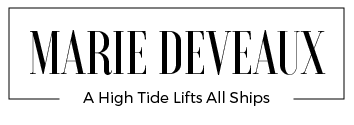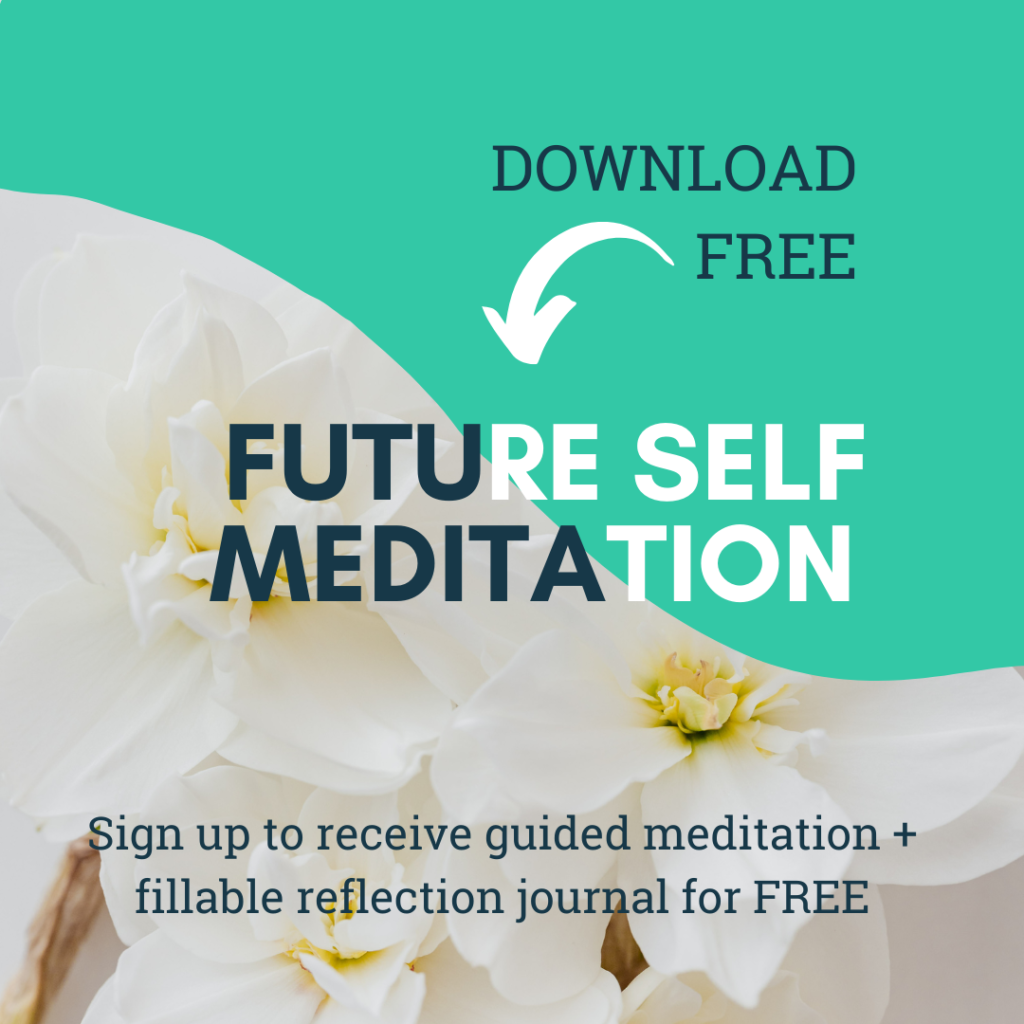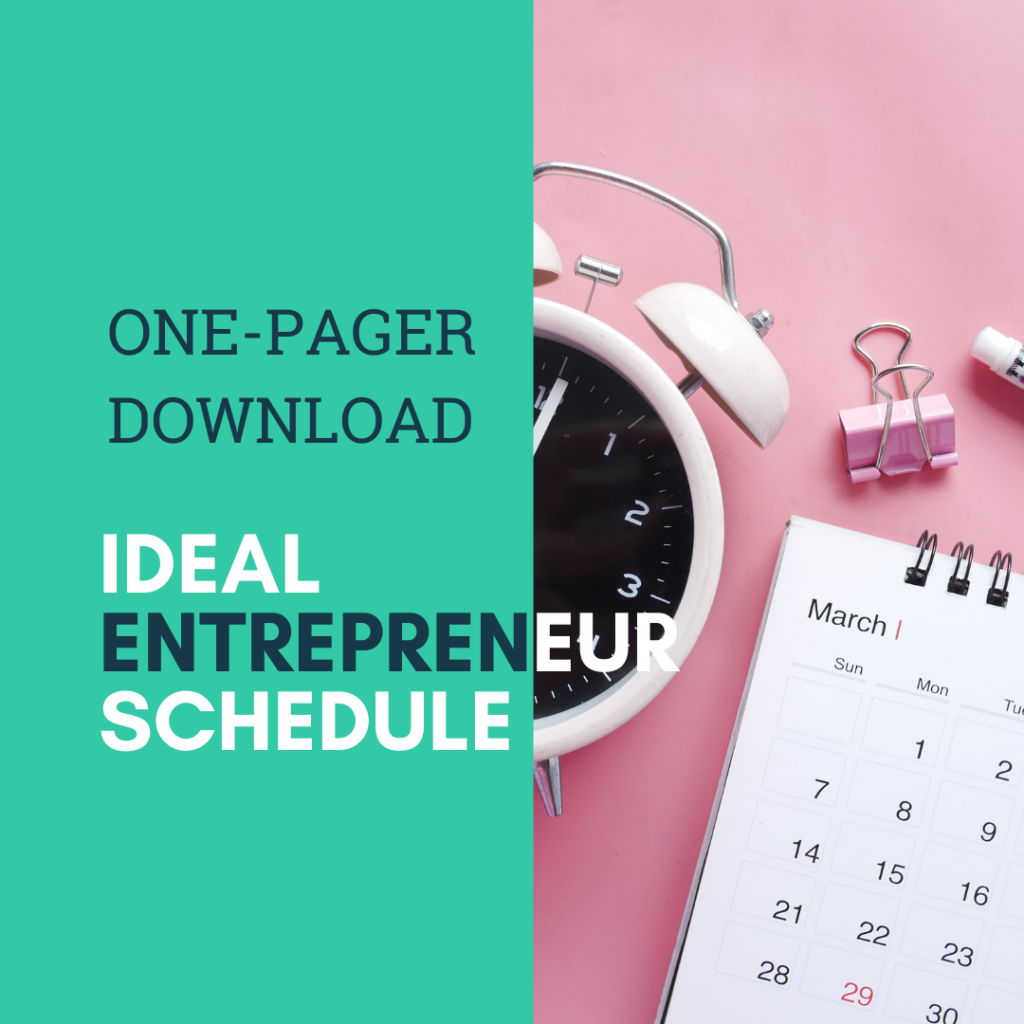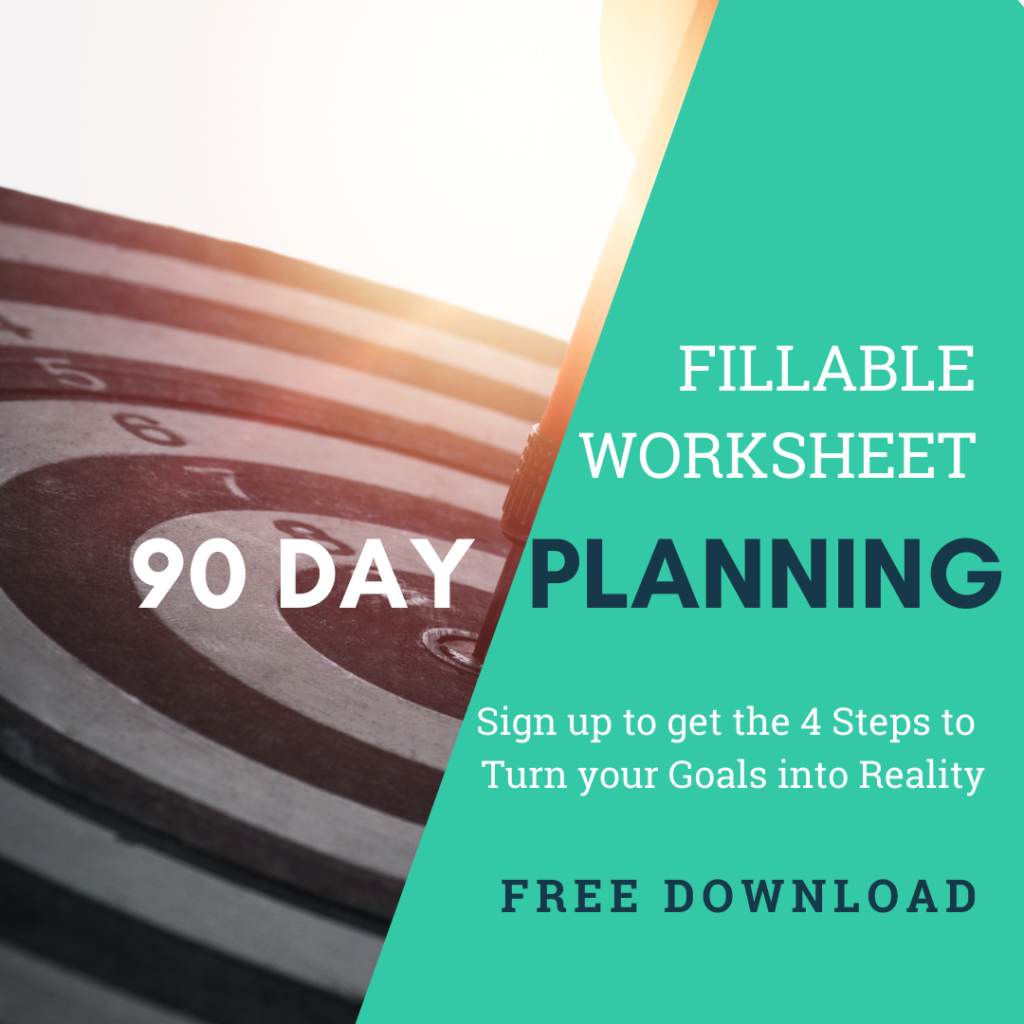What is a holistic approach to workshop facilitation? It is the balancing of challenge and comfort to provide an optimal learning experience.
The pace of the modern American workplace is enough to make your head spin. Between global economic fluctuations, the battle for remote work versus in-person, and the ongoing struggle to keep up with a news cycle that has you constantly defending your values, BIPOC professional coaches and DEI facilitators are managing a lot when you walk into a room. Crafting an optimal learning experience is your key to success. You might find yourself at the helm of a workshop, shaping potent sessions, or steering others through the labyrinth of career development topics. To hit the mark and foster an optimal learning experience, you’ll need a well-rounded approach that walks the fine line between challenging your learners and making them feel at ease. You are charged with creating productive disagreement through discourse. And when you do, your workshops are more effective, more compelling and more inclusive for all learners.
Workshop Effectiveness
 The true measure of a workshop’s effectiveness lies in the quality of learning it creates. A workshop worth its salt enables you to immerse, reflect, and engage with the wealth of knowledge being shared. You, as a facilitator, need to meticulously design and orchestrate the session to ensure it has a lasting impact. Being sensitive to the needs of BIPOC professionals, and other marginalized groups you can tailor your workshops to be more inclusive and pertinent.
The true measure of a workshop’s effectiveness lies in the quality of learning it creates. A workshop worth its salt enables you to immerse, reflect, and engage with the wealth of knowledge being shared. You, as a facilitator, need to meticulously design and orchestrate the session to ensure it has a lasting impact. Being sensitive to the needs of BIPOC professionals, and other marginalized groups you can tailor your workshops to be more inclusive and pertinent.
Workshop Facilitation
Conducting a workshop isn’t merely a relay of information. It demands compelling communication, an ability to ignite enthusiasm and engagement, and the dexterity to establish a secure and supportive learning habitat. Your role as a facilitator is to navigate participants through a quest of self-realization and growth, simultaneously challenging them with fresh ideas and viewpoints. By expertly juggling challenge and comfort, you can take the effectiveness of your workshops up a notch.
End Goals and Learning Targets
As you begin to blueprint a workshop, consider the end goals and the learning targets. Identify the crucial themes and subjects to discuss, while keeping in mind the distinct needs and interests of your audience. Strive to construct sessions that are culturally sensitive, inclusive, and relevant to the hurdles faced by this demographic. And keep in mind, much of your content should be informed from the recent discovery call you conducted with your client point of contact, as well as trends in the workplace and in the current socio-political climate. This is how you are able to keep learners engaged with content that is fresh and resonates with their real time lived experiences.
Active Participation
Interaction is a pivotal element of workshop facilitation. Promote active participation with interactive drills, group debates, and practical tasks. Make sure that you debrief after each exercise to help elucidate takeaways and tangible next steps for as many participants as possible. This strategy helps attendees connect with the material at a profound level and fosters a lively, unforgettable learning journey. Spice things up by incorporating multimedia facets such as videos, graphics, and real-life case studies to enhance engagement and create a multi-sensory learning setting. If presenting virtually, make sure to leverage the technology as a co teacher – allowing the venue and its features to enhance the variety of ways people can engage in the conversation.
Inclusive and Supportive Environment
 Further, fostering an inclusive and supportive learning environment is a prerequisite for optimal learning experiences. Encourage psychological safety by creating agreements for the session that promote open dialogue, respect, and appreciation for diverse perspectives. Urge attendees to voice their experiences and views, fostering a cooperative climate where everyone feels recognized and valued. And when the debate gets impassioned (as it should when people are truly engaged), use that as an opportunity to leverage group coaching skill sets to drive new awareness and peer to peer discovery.
Further, fostering an inclusive and supportive learning environment is a prerequisite for optimal learning experiences. Encourage psychological safety by creating agreements for the session that promote open dialogue, respect, and appreciation for diverse perspectives. Urge attendees to voice their experiences and views, fostering a cooperative climate where everyone feels recognized and valued. And when the debate gets impassioned (as it should when people are truly engaged), use that as an opportunity to leverage group coaching skill sets to drive new awareness and peer to peer discovery.
Recognizing the significance of individual learning styles and preferences can also amplify workshop effectiveness. Mix and match teaching methods, such as visual aids, auditory cues, and kinesthetic activities, to cater to various learning styles. This ensures that attendees can connect with the material in a manner that resonates with them personally.
Elevate your Workshop Facilitation
If you are a progressive BIPOC professional coach or DEI facilitator, a comprehensive approach to workshop facilitation is indispensable for creating an optimal learning experience. By finding the sweet spot between challenge and comfort, addressing your audience’s specific needs, and creating an inclusive and supportive learning environment, you can boost workshop effectiveness and contribute to the growth and evolution of your participants.
 Eager to elevate your workshop facilitation game? Our Facilitator’s Certification Program is designed with millennial BIPOC professional coaches and DEI facilitators in mind. It empowers you to conduct engaging group sessions, create inclusive dialogues, and master public speaking and group moderation skills – an increasingly valuable asset in our diverse, globally connected world. You’ll not only learn to identify and implement effective facilitation practices but also receive professional feedback on your style and use of cutting-edge virtual engagement strategies.
Eager to elevate your workshop facilitation game? Our Facilitator’s Certification Program is designed with millennial BIPOC professional coaches and DEI facilitators in mind. It empowers you to conduct engaging group sessions, create inclusive dialogues, and master public speaking and group moderation skills – an increasingly valuable asset in our diverse, globally connected world. You’ll not only learn to identify and implement effective facilitation practices but also receive professional feedback on your style and use of cutting-edge virtual engagement strategies.
Applications for our August 2023 cohort are now open! This comprehensive program offers 2.5 days of the High Tides FCP curriculum, pre-work, and a one-on-one assessment review, all for a tuition fee of $2500. Don’t miss out on this chance to boost your workshop effectiveness and create optimal learning experiences for your participants. Secure your spot today by applying now. We look forward to helping you enhance your facilitation skills and join our transformative learning community!









